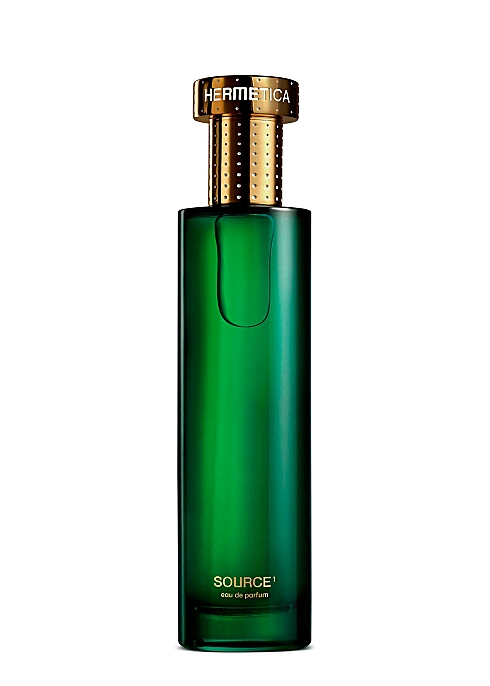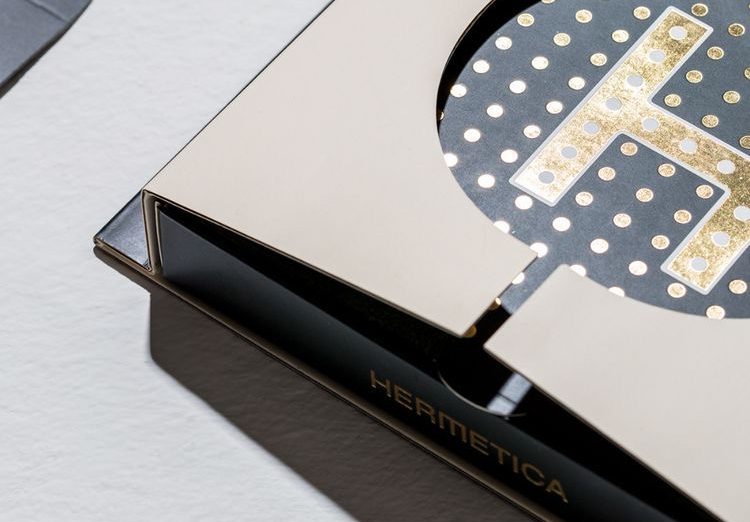A new season starts on the horizon and with it, the changes on our wardrobe, skincare, and even on our vanity table (where parfums are the star) come as the perfect moment to declutter and get ready to face the colder months. If we think clean beauty, we shouldn’t be only fantasizing about skincare and makeup, perfumes should be on your radar too. Here’s Nick Smart, a fragrance aficionado, director of Libertine Parfumerie talking all things scent and sandalwood.
CF: What is your background in the fragrance industry?
I first started in Fragrance back in 2008. I am by profession, a lawyer, and was in NYC on a business trip. I was using Scent Intense by Costume National, and I was inspired to start distributing this Brand. I set up Libertine Perfumerie in West End Brisbane, in 2008 with Costume National.
As a Fragrance Foundation board member, I founded Agence de Parfum in 2008. Specializing in luxury niches fragrances, including Creed, Penhaligon’s, and Amouage, the company operates specialty fragrance counters in Myer and David Jones, including Libertine Perfumerie in Myer’s flagship stores in Sydney and Melbourne. Select ranges are also retailed in Sephora, Harrolds, and World, more than 85 other niche and lifestyle stores nationwide and in New Zealand and the company’s retail arm Libertine Parfumerie, in New Farm, Brisbane.
CF: What do you think of the fragrance industry’s obsession with sandalwood? And, do you have a favorite one?
My favorite sandalwood scent is Idole De Lubin. An extraordinary iconic fragrance, like a woody liqueur rich in scorching spices, Idole de Lubin combines Makassar ebony, dried orange peels, and Bourbon Rum. Its spices from Zanzibar warm up a refined leather note. Around this idol, the mute and hieratic figure of Nubian divinity, bark is being burnt and resins grilled. Painted bodies get carried away dancing. Top notes: rum absolute, saffron, bitter orange peel, and black cumin. Middle notes: doum palm, smoked ebony, and sugar cane. Base notes: leather and red sandalwood.
CF: What clean perfumes do you recommend?
Hermetica is a collection of molecular fragrances inspired by the ancient practice of alchemy, which sought to transform basic metals into precious materials and to find the ultimate elixir of life. Applying these practices to modern-day perfume-making, Hermetica is based on the belief that finding the perfect perfume relies on the chemical connection between the molecules within a fragrance and one’s skin.
In their quest for the ultimate perfume elixir, Hermetica founders John and Clara Molloy decided to create a revolutionary collection by not choosing between natural ingredients or synthetic molecules but using a combination of the two.
This hybrid formula, using unique patented technology, is a first-ever in the fragrance industry. The alcohol-free formula reveals immediately the heart of the fragrance.
The result of this modern-day alchemy is four collections of long-lasting and powerful perfumes plus, Source 1 – a unique scent that can be found in all of the fragrances.
Each Hermetica scent is presented in an emerald green lacquered bottle with a golden metallic cap debossed with the Hermetica logo. The bottle is housed inside a golden perforated cylinder reminiscent of the molecule that carries the perfume to your nose.

CF: What is your first ‘scent memory’?
Being entranced by Woody Oriental Fragrances, such as Scent Intense by Costume National and Idole de Lubin by Lubin. Woody Oriental fragrances are my favorite category.
What is your best tip for improving a person’s sense of smell?
Pay more attention to what you already smell. People often say “use it or lose it” about muscles, but the same can be applied towards the senses. The more you use your senses, the better you get! Learn how to describe smells. You might even want to keep an olfactory journal! For extra practice, have someone hold various things to your nose while you’re blindfolded and see if you can identify the smells.
- Next time you are drinking a cup of coffee take time to really breathe in the smell before you drink it. When you are about to bite into some strong cheese, be sure to smell it before eating it.
- If you regularly smell things before consuming them, you can help improve your sense of smell over time
Train your nose.
As well as being more attentive to the smells you encounter in everyday life, you can go further and adopt a training regime for your sense of smell. Begin by simply choosing four smells that you are fond of, such as fresh coffee, banana, soap or shampoo, and blue cheese. Then each day take a minute to go through and smell each one individually to stimulate the receptors inside your nose. Try to repeat this four to six times every day.
- There is evidence that visualizing smells can help to improve your sense of smell. Take a minute to imagine your favorite smells.
- When you are trying to identify a particular smell you may find it useful to smell with a shallow sniff rather than a long deep inhalation.
Get plenty of exercise.
Studies suggest that our sense of smell is sharper after exercise. The causative link is uncertain, but it has been reported that the sense of smell appears to be better after exercise. Exercising enough to work up a sweat at least once a week has been connected to a lower risk of the sense of smell diminishing as you get older.
- This could be because exercise improves brain functions or because it contributes to better general health.
Get more zinc and vitamin B12 in your diet.
Hyposmia (the medical term for an impaired sense of smell) is sometimes linked with a deficiency in the mineral zinc, and a deficiency of vitamin B12 in vegetarians. To boost your sense of smell, try eating zinc-rich foods, such as oysters, lentils, sunflower seeds, pecans, and consider taking a multivitamin supplement that contains at least 7 mg of zinc each day.
Note how certain smells make you feel.
The nerves that sense smell are directly connected to the emotional part of your brain, leaving your rationality out of the equation. Studies found, for example, that the smell of fast-food wrappers, fresh bread, or pastry increases the likelihood of road rage; peppermint and cinnamon improve concentration and decrease irritability in drivers; and lemon and coffee promote clear thinking and high concentration levels in general.









Leave a Comment